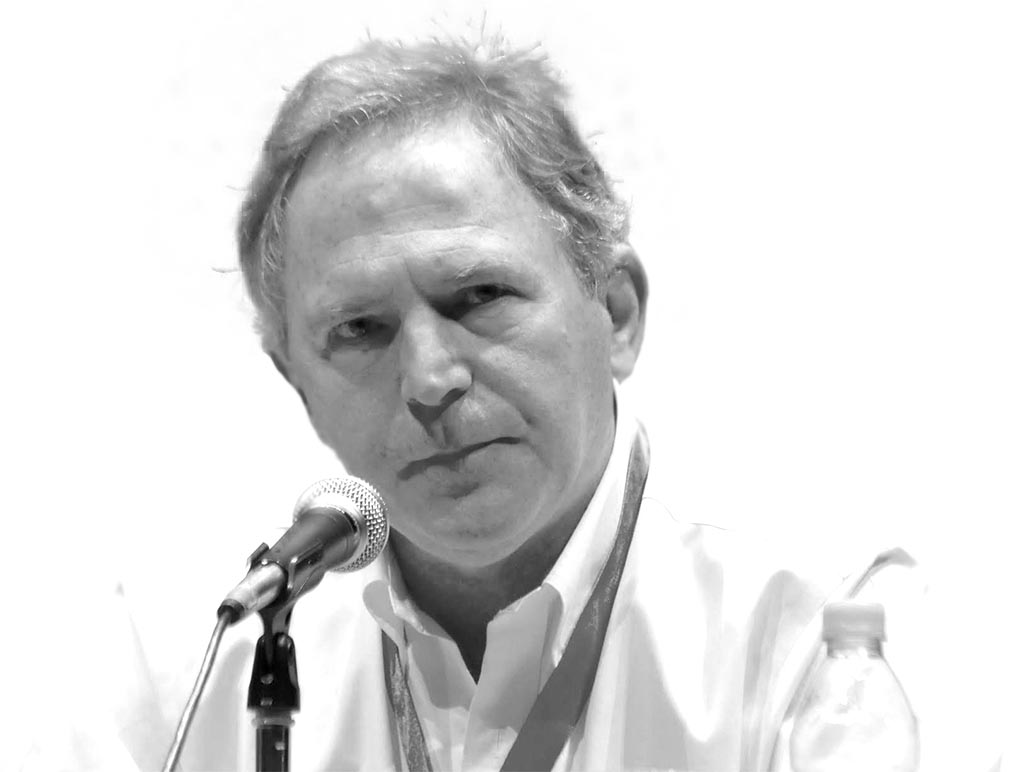by Bernard Guetta
In the 1970s, I was a journalist with the weekly “Le Nouvel Observateur” specialising in dissident movements in communist-bloc countries. This gave me a unique opportunity to get first-hand insight into the nature of the USSR and its satellite states. I realised quickly that the history of communism in Europe was in fact the history of its downfall.
Moscow’s vassal regimes were incompetent in managing their economies. To be fair, the only efficient communist project seemed to be the New Economic Policy (NEP) launched by Lenin in 1921. After that, it was one failure after another. This was one of the reasons why communist governments resorted to terror. Indeed, violence became the chief attribute of the regimes that held power in the Soviet Union as well as Central and Eastern European countries. The tendency was virtually unnoticed as long as they managed to contain the fire of local revolutions. However, once stagnation set in, the whole system collapsed.
Everywhere in Central Europe, the breakdown of communism came almost at the same time – 1989. Given this coincidence and the many similarities within the process, it is tempting to make generalisations. But that would be a mistake as the evolution of the system was not uniform with differences between individual countries so pronounced that one can even talk about several variants of socialism. For instance, when I visited Romania governed by Nicolae Ceauşescu, I was simply afraid. During my stay in Poland, on the other hand, this was not the case. The two countries were of course communist regimes that allowed neither political pluralism nor freedom of the press. Yet in Poland one could discuss practically anything in private, whilst in Romania it was unthinkable.
Starting from 1956, Poland embarked on a continuous process of expanding civil liberties triggered by workers protests and social demands (1968, 1970, 1976, 1980). In Romania, the reverse was true. Ceauşescu might have underlined his independence from Moscow in foreign affairs (he maintained diplomatic relations with Israel and sent his sportsmen to the 1984 Olympic Games in Los Angeles that were boycotted by the other communist countries), but when it came to interior policies his regime was nothing more than a horrifyingly severe Romanian version of Stalinism.
The picture was different in Czechoslovakia. The ruling Communist Party refused to be de-Stalinised in 1956 and the Czechs did not start to force changes until 1968. When they did, they were faced with a Soviet invasion. In this way, the USSR put a stop to any reforms in the country for the following 30 years. Although the Czechoslovak regime was not as brutal as its Romanian counterpart, the situation in Prague differed from the one in Warsaw, Budapest (where there was a lot of openness) or the other countries in the region.
Communism in Central Europe came in various shades depending on the country. The differences were largely the product of historical circumstance. For example, the Communist Party in Czechoslovakia had a large following already before the outbreak of the Second World War. When the communists seized power in 1945 they knew how to benefit from this popularity, a resource that remained viable practically until the first protests of the Velvet Revolution. Conversely, in Poland, communists had never been welcome, which was why they failed to win popular support—all the more so that the Poles have traditionally been anti-Russian and they knew well that the new regime was installed with Moscow’s blessing.
The relations between the communist authorities and the Polish society were always strained. Besides, it was difficult to find anyone who would be a staunch believer in communism. Edward Gierek, who managed to introduce economic stability after the revolt of December 1970, was the only leader to understand that the Poles will never be converted to communism by terror or revolutionary ardour. He therefore tried using economic arguments and, as we know with the benefit of hindsight, got closest to winning people over. He was undoubtedly more successful than either Gomułka or Jaruzelski. The latter, understanding that his situation was beyond desperate, finally agreed to an economic transition in 1989. This was more or less the road taken by the other communist leaders in Central Europe as they sounded the death knell for the system.
It was not dissidents who proved to be the regime’s undoing. It was not even John Paul II or Ronald Reagan. The end came from within communism itself. Of course the role of the dissidents, the Pope and the American President should not be underestimated. If it were not for their actions, communists would have held on for another 10 or perhaps 20 years. However, sooner or later, the system would have collapsed as it was marred by the problems that it created itself and could not resolve.
Bernard Guetta is a French Member of the European Parliament (Renew Europe). In 1978-1980, journalist with “Le Monde” specialising in Central Europe; later, head of “L’Expansion” and “Le Nouvel Observateur.”
The text is published simultaneously with the Polish journal of opinion “Wszystko Co Najważniejsze” as part of the project “We are telling the world about Poland”.

